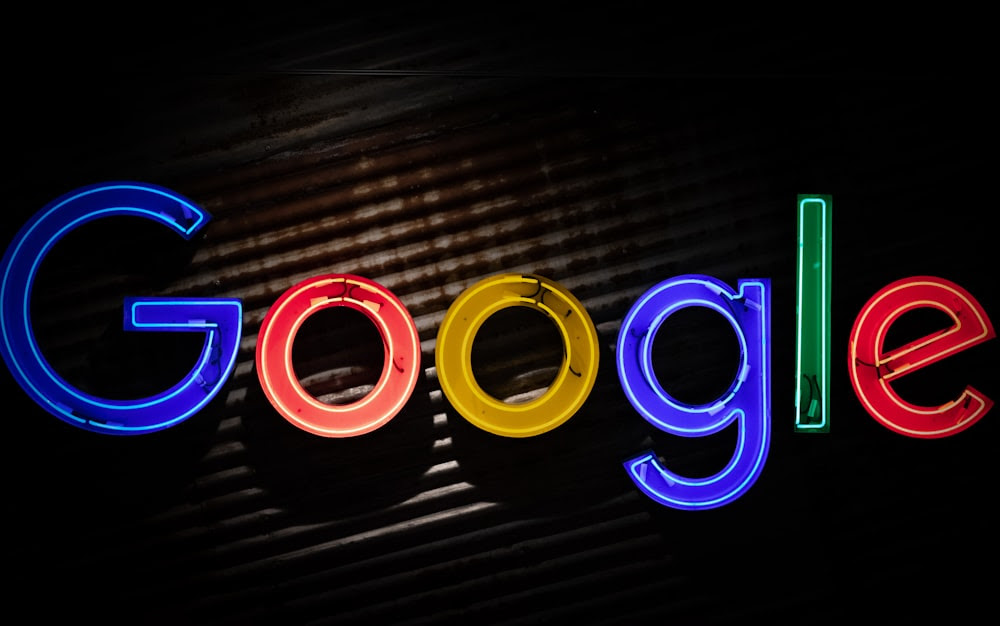The Meta group along with Facebook and Instagram have decided to block access to publications originating from Canadian media, their parent company Meta said Thursday, June 22, in reaction to a just-passed law that requires the Web giants to pay to distribute local media content.
“Today, we confirm that news content will no longer be available on Facebook and Instagram for all users in Canada,” Meta said in a statement, stressing that it had warned “repeatedly” that this step would be taken.
“If the government can’t defend Canadians against the Web giants, who will?” reacted Heritage Minister Pablo Rodriguez. Facebook had “no obligation” to cut off this access, as the law had not yet formally come into force, he added. The Minister’s office also stressed that it had “met with Facebook and Google this week” and remained open to further discussions.

The decree, passed by the Canadian Parliament, requires the digital giants to enter into fair trade agreements with Canadian media for publications shared on their platforms, or risk binding arbitration.
Justin Trudeau, himself, criticized Meta for blocking some Canadians’ access to online information during tests, saying the company was “deeply irresponsible and out of touch” by refusing to pay journalists for their work. His opposition to the bill, he said, was “misguided [and] dangerous for our democracy and our economy”.
For months, Meta and Google have reported that they are carrying out tests on a small proportion of the Canadian population, restricting their access to news sites.
Google and Meta have criticized the legislation, which is intended to support Canada’s news sector, which, according to the Minister, is “in crisis”. More than 450 Canadian news media have closed their doors since 2008, according to the ministry.
The Australian government was the first to enact legislation protecting Australian media. The text was easily adopted after Facebook and Google reached agreements to avoid being subject to binding arbitration.
The European Union was a pioneer in introducing a “neighboring right” in 2019, which should enable press publishers to be remunerated for content used by online platforms. After some reluctance, Google signed agreements with French newspapers in November, a world first. AFP signed an agreement with Google at the end of 2021 that remunerates the agency for five years for the content presented by the American giant, as well as two commercial contracts, also for five years.



Comment here